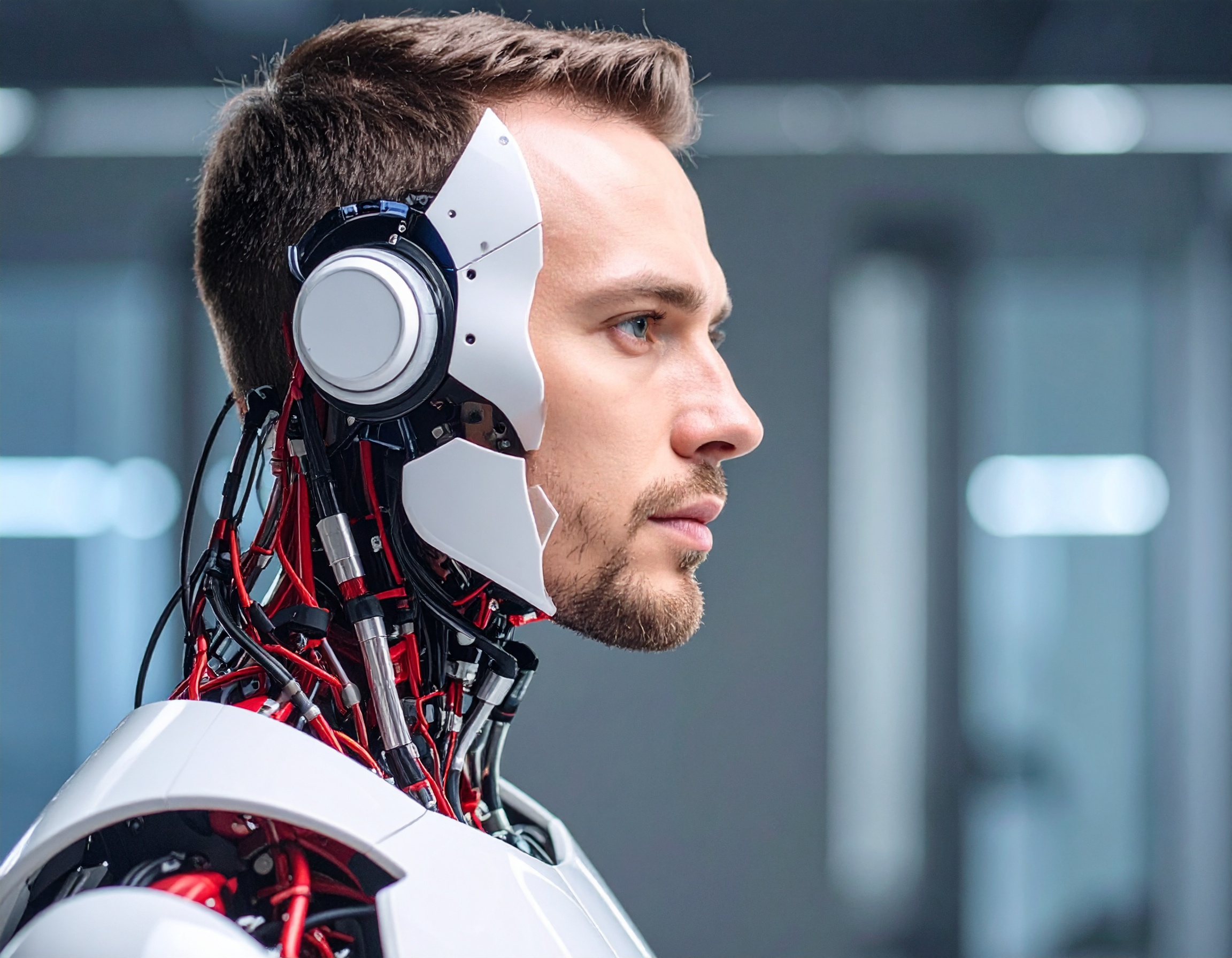Mercedes Embraces the Future: Humanoid Robots Enter the Production Line

Mercedes-Benz, in collaboration with Apptronik, has embarked on a groundbreaking journey by integrating Apollo humanoid robots into their factory operations. This move marks a significant step towards leveraging Intelligent Agents for non-human workers in the automotive industry. Jeff Cardenas, CEO of Apptronik, expressed excitement over the partnership, emphasizing the potential for robotics to streamline physically demanding and repetitive tasks, a trend likely to be adopted by various sectors in the near future.
Apollo humanoid robots, standing at 172 centimeters tall and weighing 72 kilograms, possess remarkable capabilities. They can lift loads of up to 25 kilograms and operate for four hours on a single charge. This introduction of Digital Employees represents a pioneering application of humanoid robotics in production environments, promising enhanced efficiency and productivity.
One of the key advantages of employing Apollo robots is their ability to navigate factory spaces designed for human workers, thus circumventing the need for extensive layout modifications. Mercedes-Benz aims to utilize these robots for tasks characterized by physical strain, monotony, and difficulty in securing reliable human labor. The trials, initially conducted in Hungary due to labor shortages in the automotive sector, signify a strategic move amid evolving labor dynamics and trade union landscapes.
Addressing potential concerns, Mercedes Production Manager Jörg Burzer reassured that the integration of robots is not intended to replace human jobs but rather to complement and enhance existing workforce capabilities. This collaborative venture between Mercedes and Apptronik extends beyond current applications, with plans to explore additional avenues for robot utilization, underscoring a commitment to ongoing innovation and efficiency improvement. As the automotive industry embraces Intelligent Agents, the landscape of production is poised for transformative change, heralding a future where humans and robots work in tandem towards shared goals.
Key Highlights:
- Mercedes-Benz and Apptronik are pioneering the integration of humanoid robots, named Apollo, into factory operations.
- The partnership signifies a strategic move towards leveraging Intelligent Agents for non-human workers in the automotive industry.
- Apollo robots boast impressive capabilities, including the ability to lift loads up to 25 kilograms and operate for four hours on a single charge.
- This initiative marks one of the first instances of humanoid robots being utilized in production environments, promising enhanced efficiency and productivity.
- The robots' adaptability allows them to navigate factory spaces designed for human workers, eliminating the need for extensive layout modifications.
- Trials initially conducted in Hungary address labor shortages in the automotive sector, showcasing a proactive approach to evolving workforce dynamics.
- Mercedes-Benz emphasizes that the integration of robots is meant to complement, not replace, human workers, fostering a collaborative environment.
- The partnership extends beyond current applications, with plans to explore additional avenues for robot utilization, reflecting a commitment to ongoing innovation and efficiency improvement in the automotive industry.
Reference:


